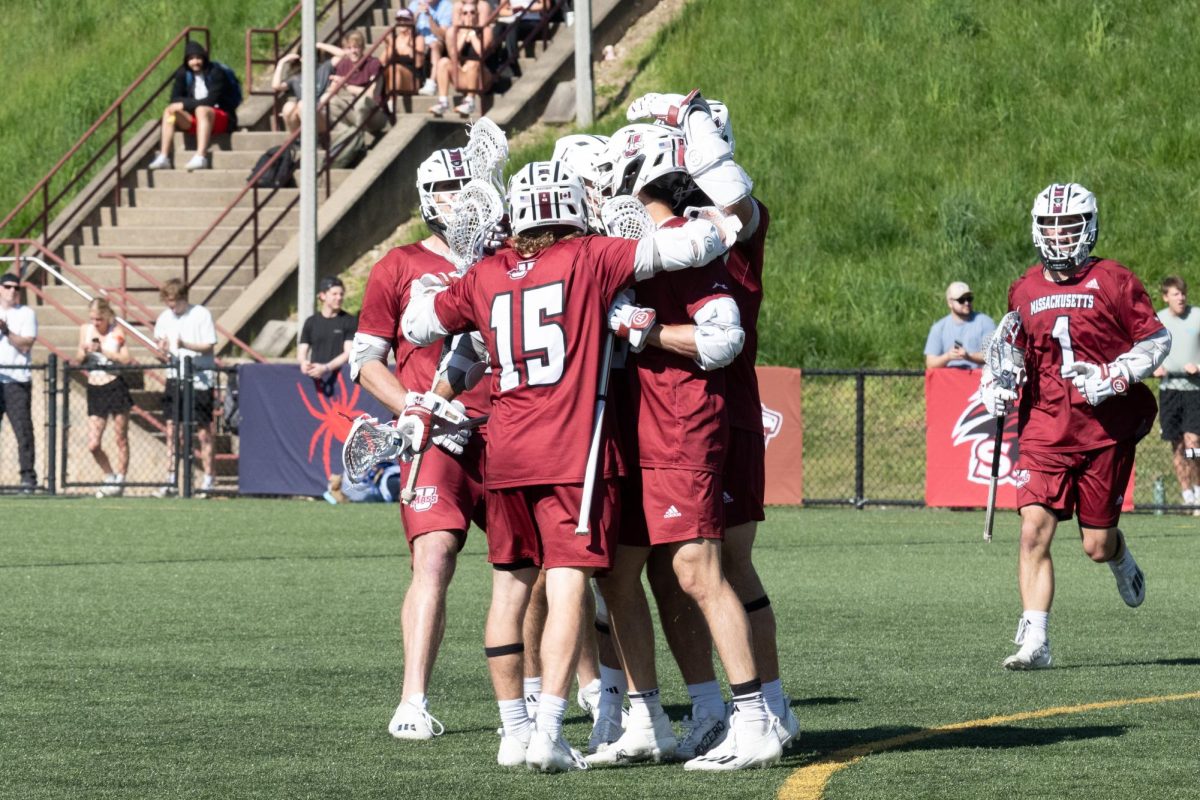Look to your left, look to your right – drugs are all around you.
Ever since President Reagan spearheaded the “war on drugs” in the mid ’80s, American police and government officials have worked hard to curb illicit drug use, with varying degrees of success, depending on who you talk to.
This weekend, President George W. Bush urged Congress to quickly pass legislation designed to end the illegal sale of highly addictive prescription drugs on the Internet.
Bush also explained his administration’s goal of cutting youth drug use over the course of his final year in office. His new policy seeks a 10 percent cut in youth drug use by utilizing random student drug testing and community outreach.
According to Bush, there are an estimated 860,000 fewer young people using drugs today than when he took office in 2001, but one major problem is the misuse of prescription drugs.
There is no denying that highly addictive drugs such as OxyContin, which affects the brain and the body the same way heroin does, are harmful to all people, both young and old. The fact that someone could buy such drugs online is a serious issue that needs to be addressed.
According to John Walters, Bush’s drug policy advisor, “rogue” Internet pharmacies often do not require prescriptions or allow prescriptions to be faxed, making it easier for customers to forge documents or use it at multiple pharmacies.
It is commendable that the president is intent on making a difference during his last year in office. Promoting a solid drug policy can be an effective way to do so. But the drug issue is a complex one, and there is a lot more than meets the eye.
While a good strategy is to focus on drugs that are already deemed illegal, that is just scratching the surface when it comes to our drug problem here in America. Bush mentioned prescription drugs, marijuana, methamphetamine and cocaine, but left out another serious offender: “Purple drank.”
No, that is not the new Kool-Aid flavor of the month, but the street name for a drug that is taking many by surprise. Purple Drank is a recreational drug popular in the hip-hop community in many southern states. Its main ingredient is prescription-strength cough syrup containing codeine and promethazine.
The purple color found in Purple Drank comes from dyes in the cough syrup. Recently, the term has expanded to cover mixtures including over-the-counter cough syrup, according to an article by scholar Yolanda Walker.
While it may surprise many students here at UMass, apparently there is an entire Purple Drank culture that has become hard to miss. Houston, Texas, producer DJ Screw first popularized the drug concoction and helped launch the habit from the underground Houston rap scene to other southern states.
The drink provides the user with a hypnotic, euphoric and disorienting high that is apparently catching on down south.
Rapper Lil’ Wayne is someone who frequently mentions his affinity for the drink, which is also commonly referred to as “syrup.” A recent MTV article explained how the rapper is often seen with his Styrofoam cup, filled to the brim with what he calls his “Easter-pink Sprite.”
While this does sound peculiar and hilarious to most rational people, the syrup is much more serious than that. The University of Texas recently found that 8.3 percent of secondary students in Texas have taken codeine syrup to get high. But the results can be fatal. Last December, rapper Pimp C died from an accidental overdose of syrup mixed with an existing sleep apnea condition.
Rapper Bun B recently said that the “Texas Tea” has become an “epidemic,” and that anyone who uses it needs to “take a look at themselves.”
This bizarre and unbelievable story illustrates the unpredictability of drug use in this country. Even though our government focuses billions of dollars, years of energy and time fighting illegal drug use, people are still finding other ways to get high and in the least likely of places.
It seems almost as though people have an unconscious desire to get high, no matter what they have to do. It raises some tough questions.
How do we go about reducing the abuse of legal drugs, or over-the-counter medications like cough syrup? What can you tell your kids to prevent them from doing the same thing? And compared to the negative effects of abusing the Purple Drank, such as vomiting and heart failure, is having a few hits off a joint really that bad?
Putting together a solid, understanding and flexible drug policy is obviously very important. But how can we prepare when drugs like the Purple Drank slip through the cracks? Policy makers have their Styrofoam cups full of that problem.
Josh Wilder is a Collegian columnist. He can be reached at [email protected].






